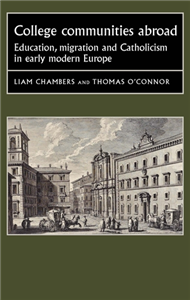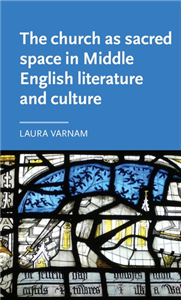Insular Christianity
Alternative models of the Church in Britain and Ireland, c.1570–c.1700
by Edited by Robert Armstrong and Tadhg Hannrachain
This collection of essays on the alternative establishments which both Presbyterians and Catholics attempted to create in Britain and Ireland offers a dynamic new perspective on the evolution of post-reformation religious communities. Deriving from the Insular Christianity project in Dublin, the book combines essays by some of the leading scholars in the field with work by brilliant and upcoming researchers. The contributions, all of which were commissioned, range from synoptic essays which fill in gaps in the existing historiography to tightly coherent research essays that break new ground with regard to a series of central institutional and intellectual issues and problems. This is a book which will appeal to all those interested in the religious history of early modern Britain and Ireland.























